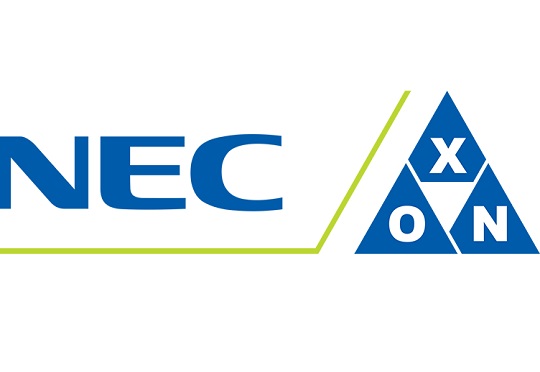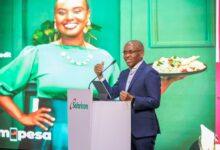UN gives the nod to African alternative energy solution for mobile networks

The United Nations Industrial Development Organization (UNIDO) has recognized South African NEC XON’s alternative energy Hybrid Storage Solution (HSS) as an innovative technology for promoting sustained, inclusive and sustainable economic growth.
NEC XON’s HSS uses advanced control and monitoring, integrated with the latest Polarium lithium-ion (Li-ion) battery technologies to reduce lifecycle costing and improve quality of service for better profit margins for telecoms operators.
“Our hybrid system, which has been used in several African countries since 2018, can be used in combination with power grids, even where the grid is unstable with frequent outages,” said Magnus Coetzee, Executive: Infrastructure Solutions at NEC XON.
“It’s an outdoor, cabinet solution with anti-theft and remote monitoring and control, that cuts diesel consumption by up to 80% and diesel run-time by up to 90% in live use. That’s a huge financial benefit and also has enormously positive effects on CO2 emissions for both the generators and the truck roll for vehicles usually sent to refuel traditional generator setups.”
When grid power fails, the system automatically switches to storage batteries and only starts up the generator if the storage batteries are depleted.
NEC XON’s outdoor HSS is used in South Africa, Kenya, Nigeria, Tanzania, Ethiopia and Democratic Republic of the Congo and was approved by the UNIDO Sustainable Technology Promotion Platform evaluation committee. It specifically serves the Sustainable Development Goal (SDG) 8 and SDG 9.
Most mobile carrier base stations are at off-grid locations, which makes reliability a challenge. Mobile carrier networks have typically used diesel generators to augment unreliable grid power or where no power is available. However, theft of the fuel and the generators, the cost to run and maintain them, and the logistics of reaching them are significant and costly challenges.
“Cellphones are indispensable to daily life in rural Africa and one of the primary sources of social and economic transformation for individual people and entire communities,” said Coetzee. “People rely on cellphones for money transfers and payments, medical services, education, work, entertainment and much more. Without stable power, the network drops, which makes it exceptionally difficult for people to learn, work, be safe and healthy, all of which reduces prosperity,”
According to The World Bank, 21 of the 25 least-connected countries are in Africa, but the continent has among the fastest growing Internet growths worldwide. ITU research cited by The World Bank shows that 10% more mobile broadband penetration in Africa improves per capita GDP by 2.5%.
“ICT offers significant opportunity to improve people’s lives,” added Coetzee. “For more than 650 million rural Africans, access to dependable energy for reliable communications is the first critical step to real transformation.”
Follow us on Telegram, Twitter, Facebook, or subscribe to our weekly newsletter to ensure you don’t miss out on any future updates. Send tips to info@techtrendske.co.ke.




